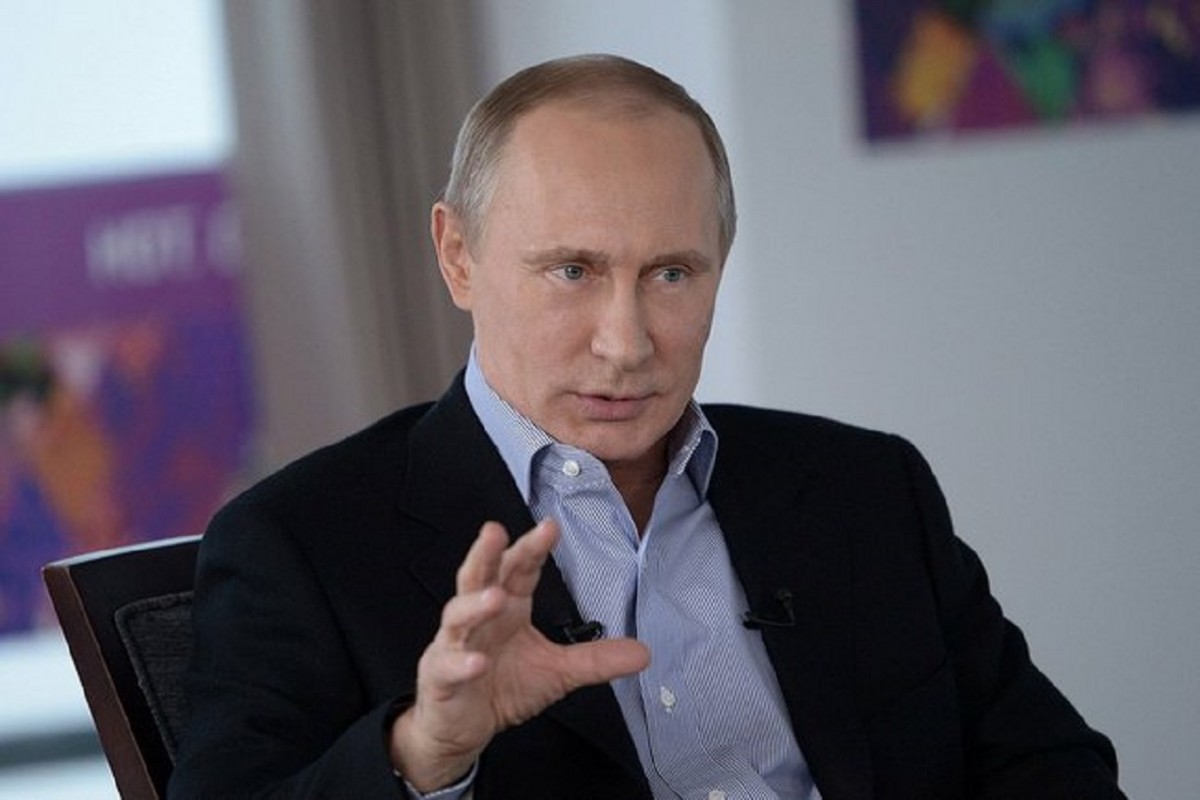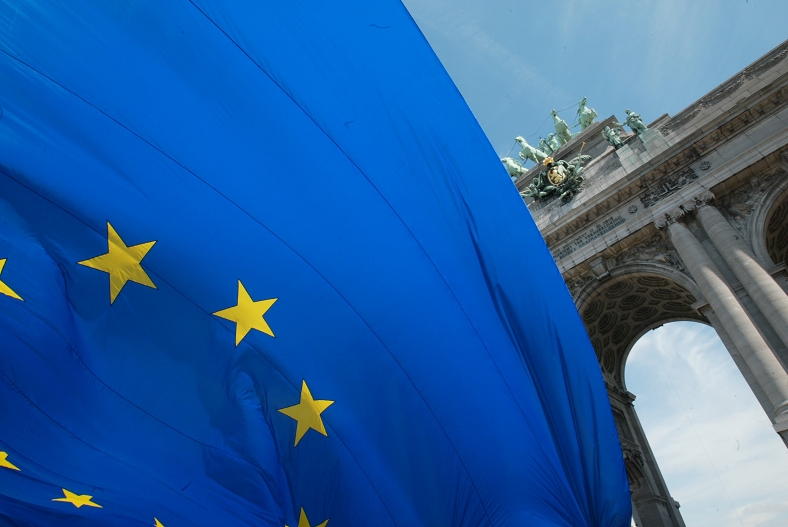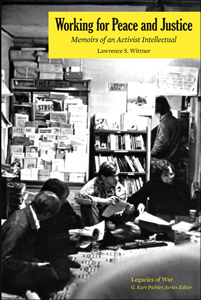
Authoritarian Symps
In the post-Cold War era, the right and even some on the left are playing a new game of “Who’s your favorite dictator?”

In the post-Cold War era, the right and even some on the left are playing a new game of “Who’s your favorite dictator?”

Our wartime commemorations are the functional equivalent of mounting the heads of our victims on pikes. Are we surprised that others celebrate bloodshed when we do the same?

The latest play by IPS’ John Feffer is a multimedia portrait of the transformation of East-Central Europe told by the people who made it happen.

The latest play by IPS’ John Feffer is a multimedia portrait of the transformation of East-Central Europe told by the people who made it happen.

A new play by IPS’ John Feffer is a multimedia portrait of the transformation of East-Central Europe told by the people who made it happen.

Washington is responsible for a plethora of global calamities. But Putin’s Russia isn’t offering an appealing alternative at all.

The complex federal project of the EU has proven fragile in the absence of a strong external threat.

Has the Internet and social media primed us to worry too much about improbable threats — and too little about probable ones?

The last time the U.S. accused Russia of downing a civilian airliner, nuclear war nearly broke out.

Phyllis Bennis discusses the possibility of a renewed Cold War, longstanding tragedies in the Middle East, and the decline of Israeli influence.
Split This Rock’s Poem of the Week features Saul Landau’s work.
Neither Obama nor Romney is being honest when it comes to U.S. trade with China.

The Obama administration’s military “pivot” to the Asia-Pacific region is opening up a new Cold War and trampling over the region’s peoples.

This excerpt from scholar and activist Lawrence Wittner’s autobiography recounts a visit to the Soviet Union and an unusual historical find.

In her new book, Foreign Policy in Focus columnist Hannah Gurman explores the effects of diplomats’ reports on U.S. foreign policy since World War II.